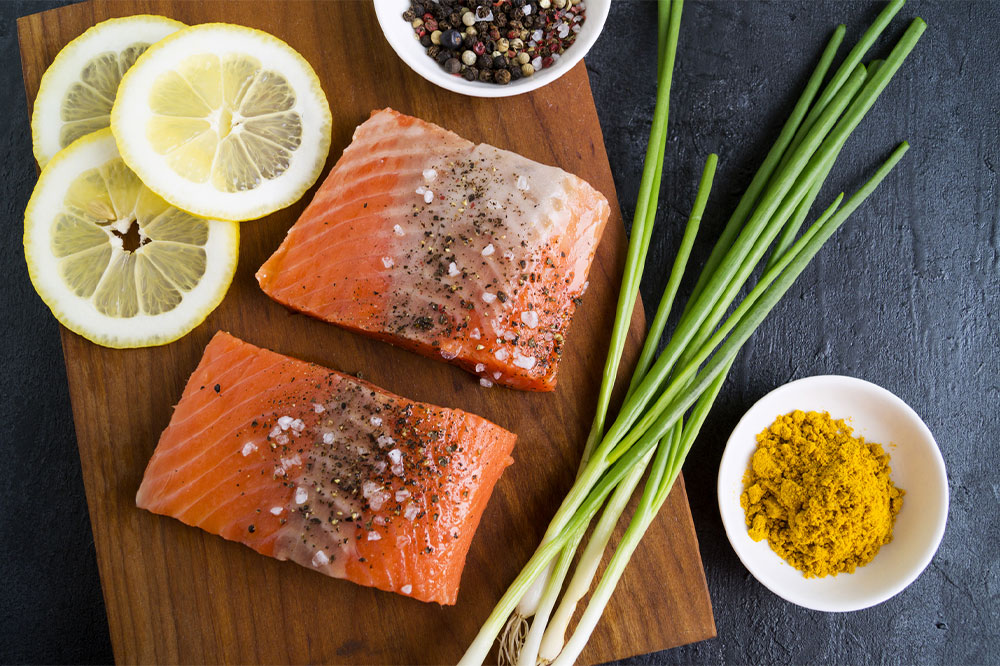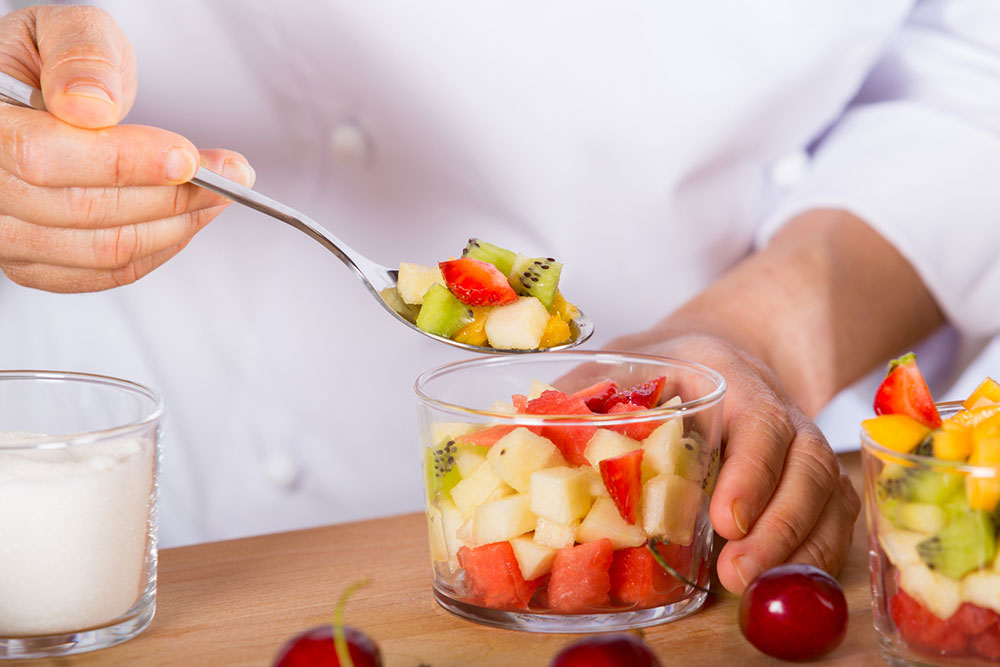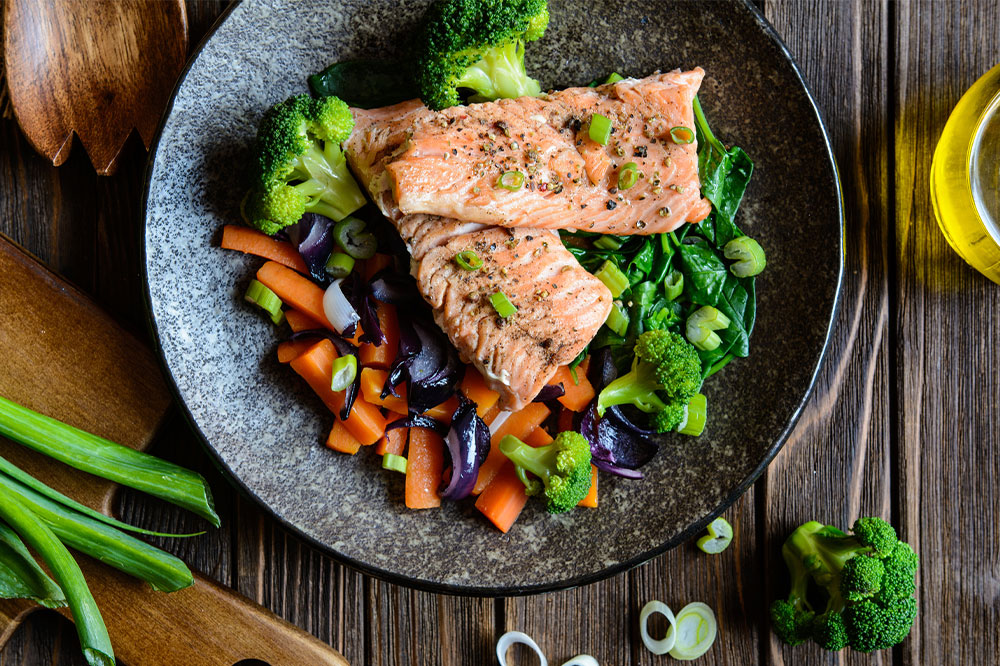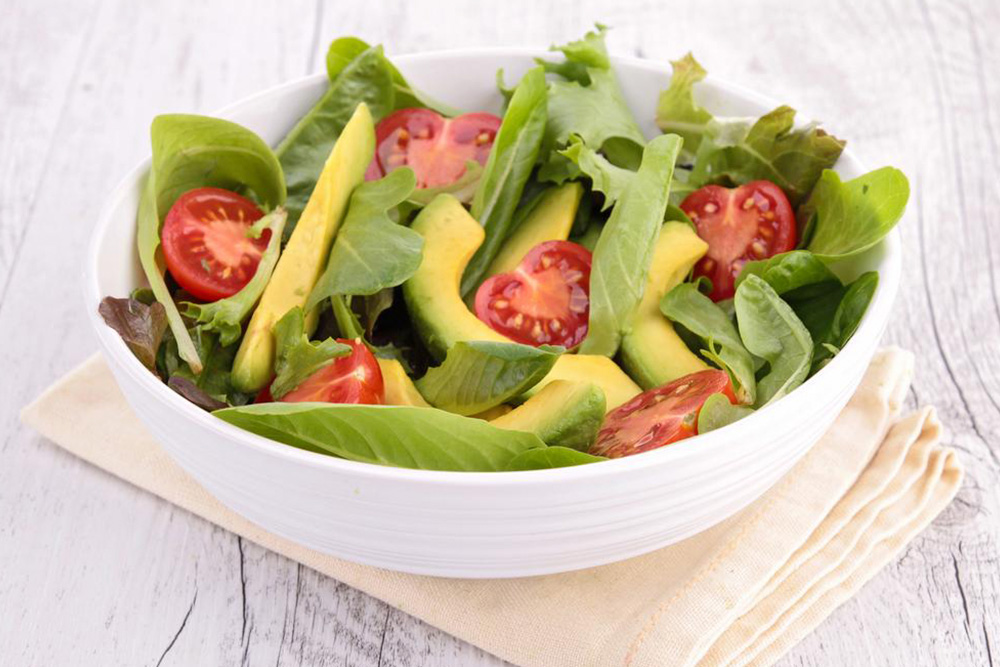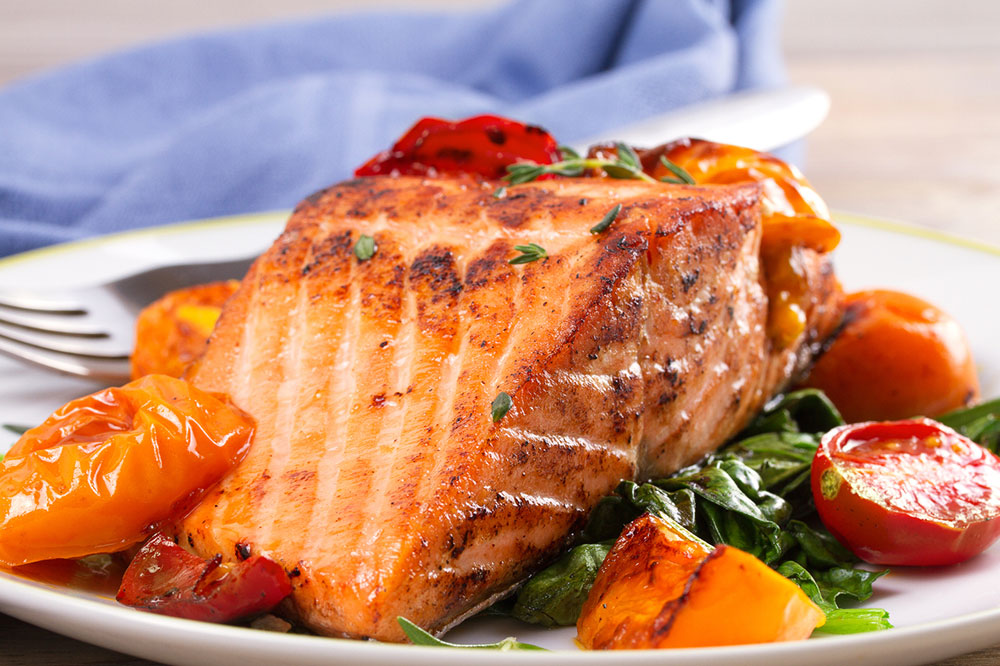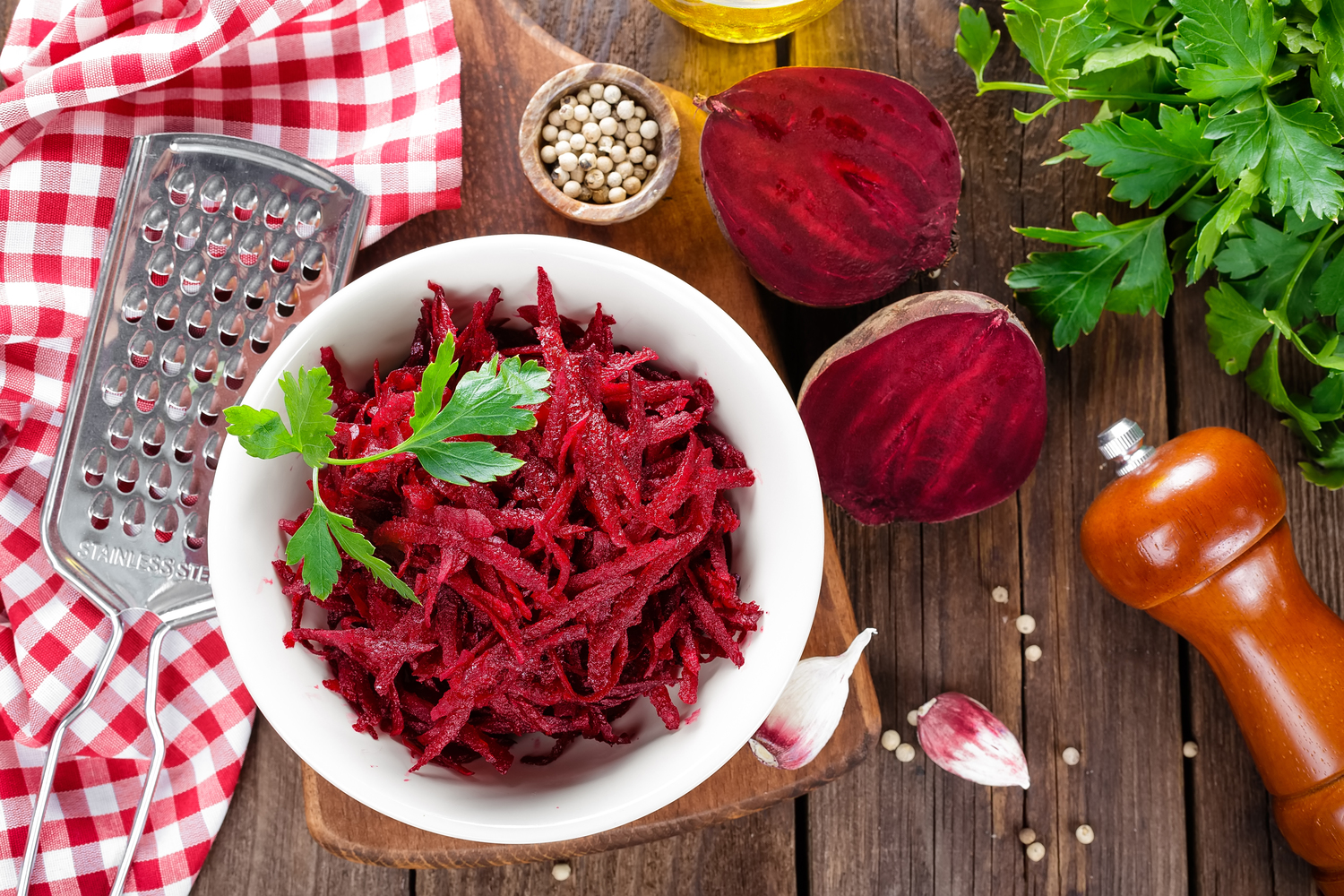Comprehensive Nutritional Guidelines for Managing Gastric Cancer
This comprehensive guide offers essential dietary strategies for gastric cancer patients, emphasizing small, frequent meals, high-protein foods, avoiding processed meats and dietary irritants. Tailored nutritional practices support treatment, boost immunity, and improve quality of life, making this a vital resource for patients and caregivers navigating gastric cancer management.
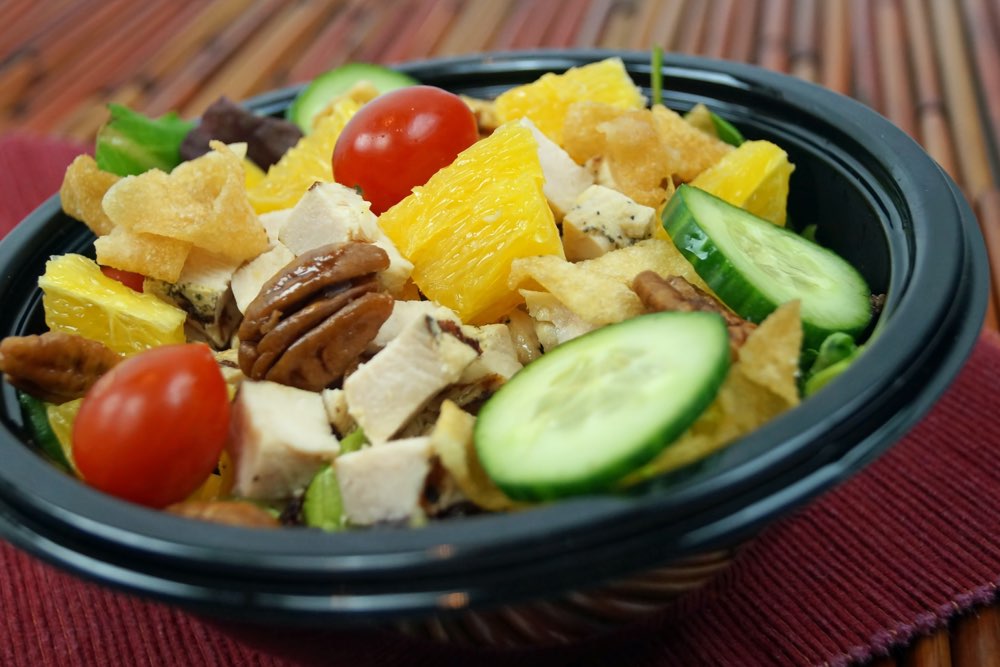
Essential Nutritional Strategies to Support Gastric Cancer Patients
Gastric cancer, commonly referred to as stomach cancer, is a serious malignancy that originates in the lining of the stomach. It is a disease that can significantly impair a patient’s quality of life due to its symptoms and the side effects of treatment. Understanding the importance of proper nutrition becomes critical for individuals battling this condition. Nutrition not only helps in maintaining strength and energy but also plays a vital role in supporting treatment efficacy, improving immune function, and aiding recovery. This article provides an in-depth guide to tailored dietary practices designed specifically for gastric cancer patients, emphasizing how proper nutrition can make a substantial difference in their health outcomes.
Adopt a Meal Pattern of Small, Frequent Dishes
Patients with gastric cancer often experience decreased appetite, early satiety, nausea, and gastrointestinal discomfort, which can hinder adequate nutrient intake. To combat this, it is recommended to consume six or more small meals throughout the day instead of fewer large ones. This strategy helps ensure that the body receives sufficient calories, proteins, vitamins, and minerals without overwhelming the digestive system. Small, frequent meals are easier to digest, reduce feelings of fullness, and can help maintain steady blood sugar levels, preventing energy dips and fatigue.
Focus on High-Protein, Easily Digestible Foods
Protein is a cornerstone of recovery for gastric cancer patients. It assists in tissue repair, helps strengthen the immune system, and can prevent muscle wasting. Suitable protein sources include tender poultry, fish, Greek yogurt, ripe avocados, soft-boiled eggs, and nut butters. It's important to choose foods that are gentle on the stomach, such as well-cooked or tender options, to avoid irritation. Since high-fiber foods may cause discomfort or bloating, they should be consumed cautiously or limited based on individual tolerance.
Limit Intake of Processed and Red Meats
Processed meats like sausages, deli slices, bacon, and luncheon meats are associated with increased health risks, including a higher incidence of colorectal and stomach cancers. These products often contain high levels of sodium, preservatives, and other additives that can stress the body's systems. Avoiding or minimizing these foods can improve overall health and reduce inflammation. Instead, opt for fresh, lean cuts of poultry, fish, or plant-based proteins to meet daily nutritional needs. Avoid sugary snacks, candies, sodas, and packaged fruit juices, which provide empty calories and can contribute to weight gain and metabolic issues.
Incorporate a Colorful Array of Fruits and Vegetables
Fruits and vegetables are rich sources of essential vitamins, minerals, antioxidants, and phytochemicals that support immune function and help combat oxidative stress in cancer patients. Soft, low-fiber options such as bananas, melons, peeled apples, and ripe papayas are preferable during treatment phases when gastrointestinal symptoms are prominent. These foods provide vital nutrients without causing excessive digestive discomfort. When tolerated, a variety of colorful vegetables like carrots, sweet potatoes, zucchini, and gentle greens can enhance nutrient diversity and overall health.
Remove Dietary Irritants and Harmful Substances
Caffeine, alcohol, spicy foods, and carbonated beverages can exacerbate nausea, cause acid reflux, or irritate the stomach lining. Alcohol, in particular, impairs immune defenses and can lead to dehydration, which hampers recovery. Limiting these irritants helps improve gastrointestinal comfort and promotes better overall well-being. Instead, patients should focus on hydrating with gentle fluids like herbal teas, diluted fruit juices, and plain water. Additionally, maintaining food safety and hygiene is essential to prevent infections and support healing during treatment.
In conclusion, managing gastric cancer through proper nutrition requires a personalized approach tailored to the individual's symptoms, treatment stage, and overall health status. Collaborating with a healthcare provider or registered dietitian can help create an effective nutritional plan that addresses specific needs, enhances recovery, and improves quality of life. Prioritizing nutrient-dense, easy-to-digest foods and avoiding irritants can make a profound difference in managing symptoms and supporting long-term health outcomes.
